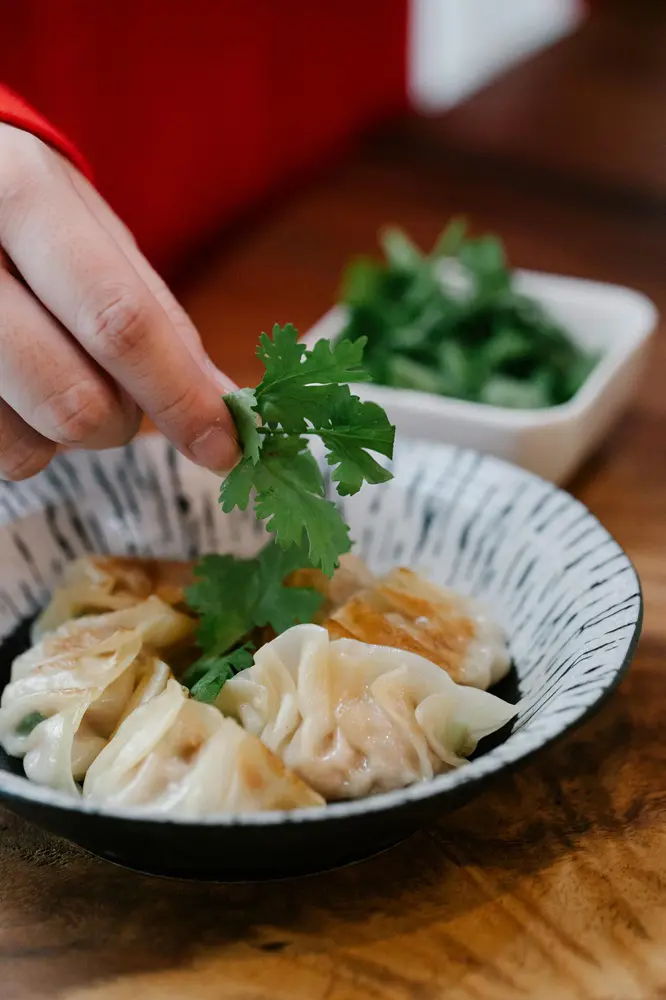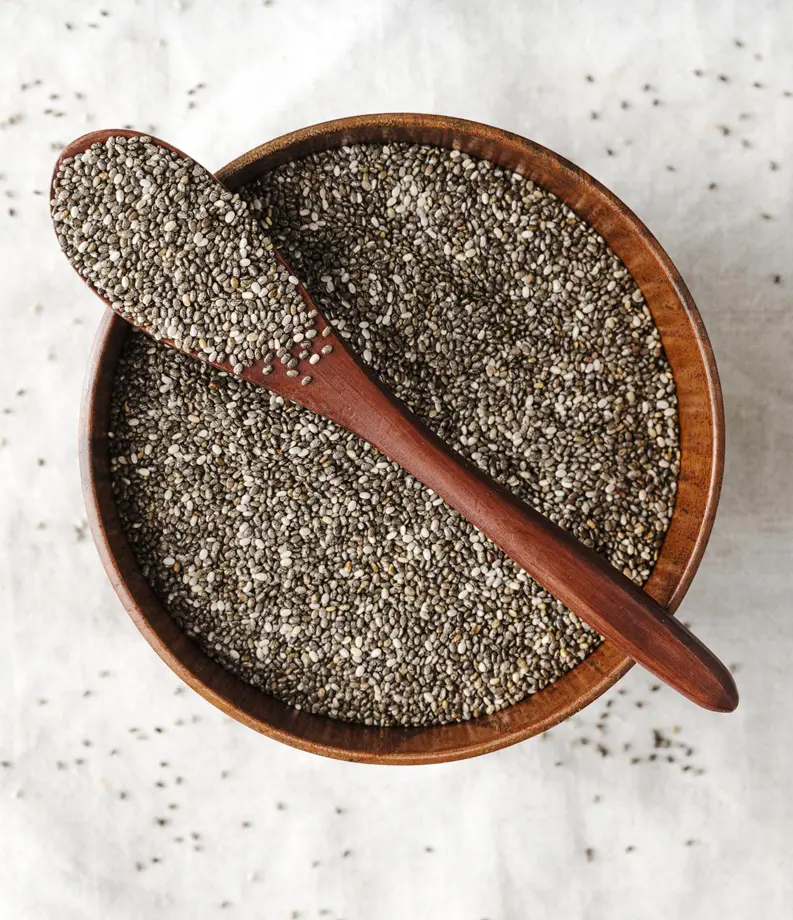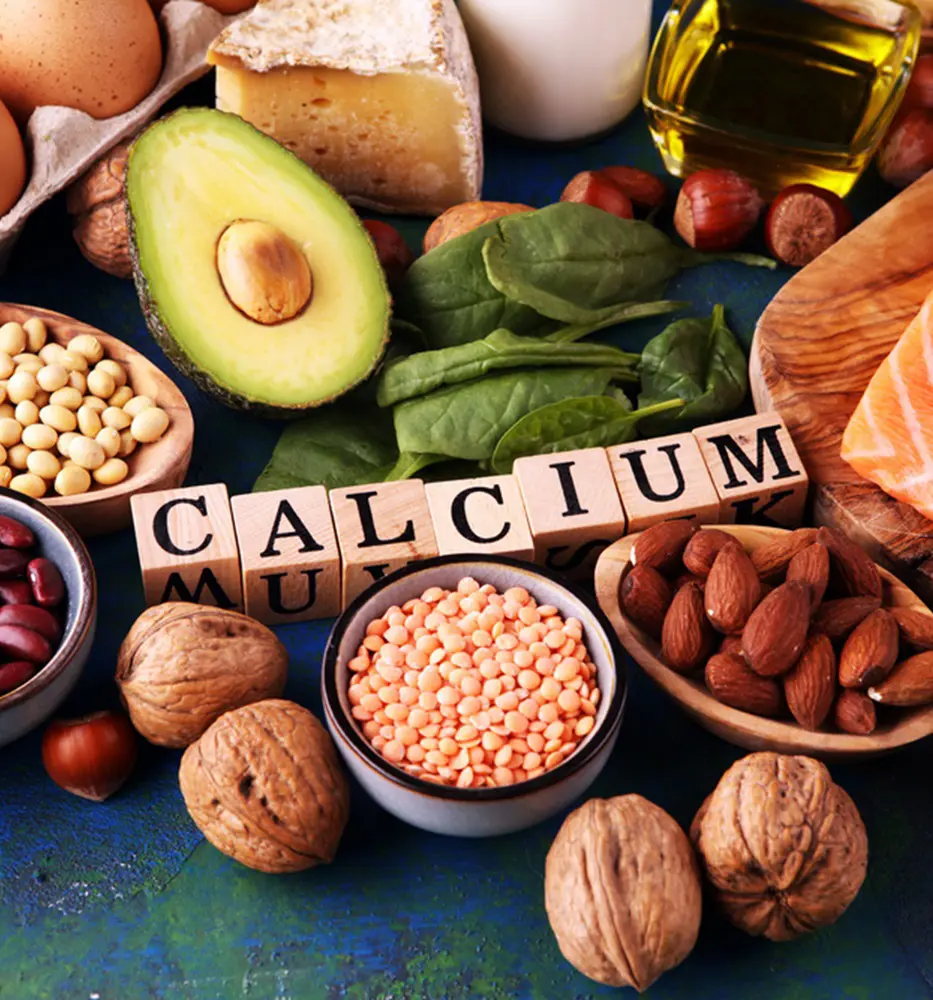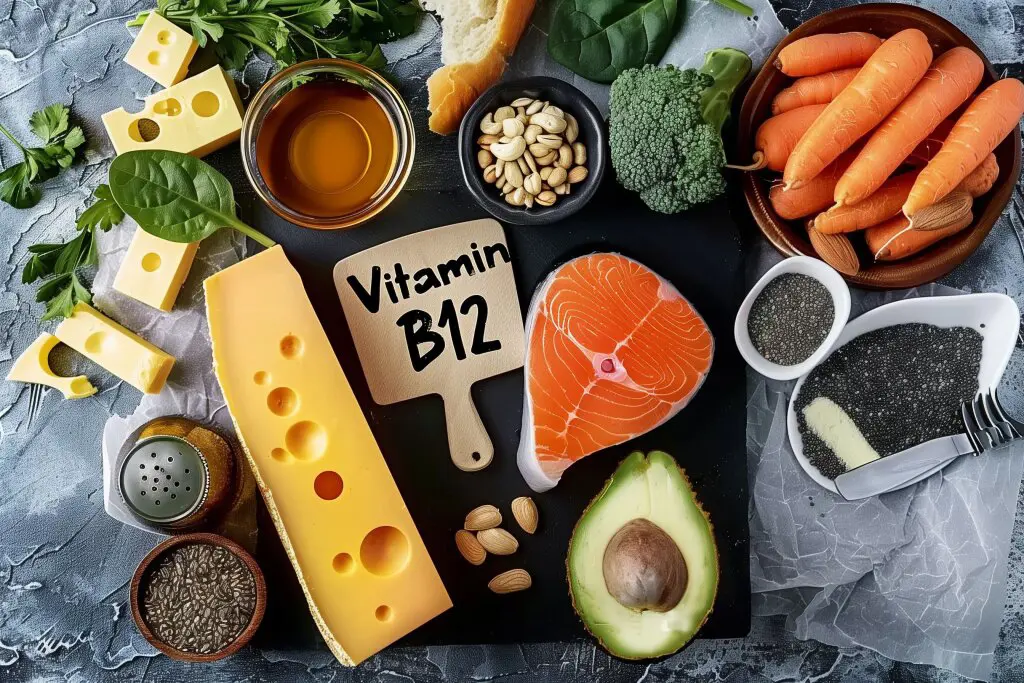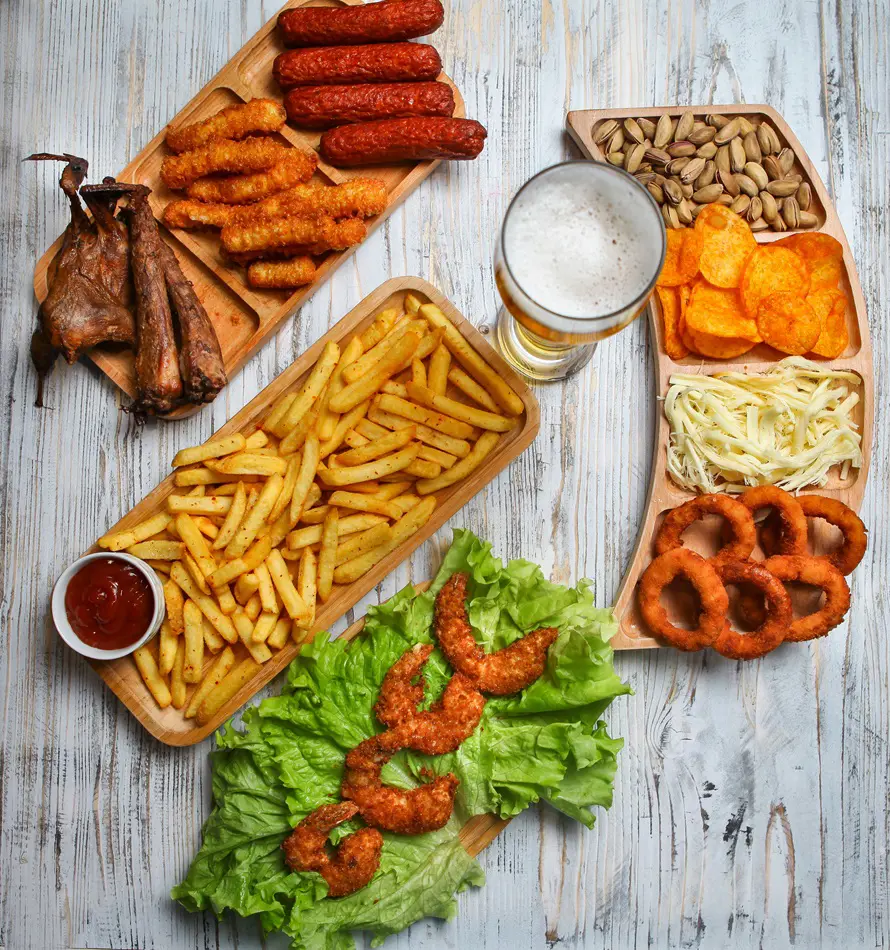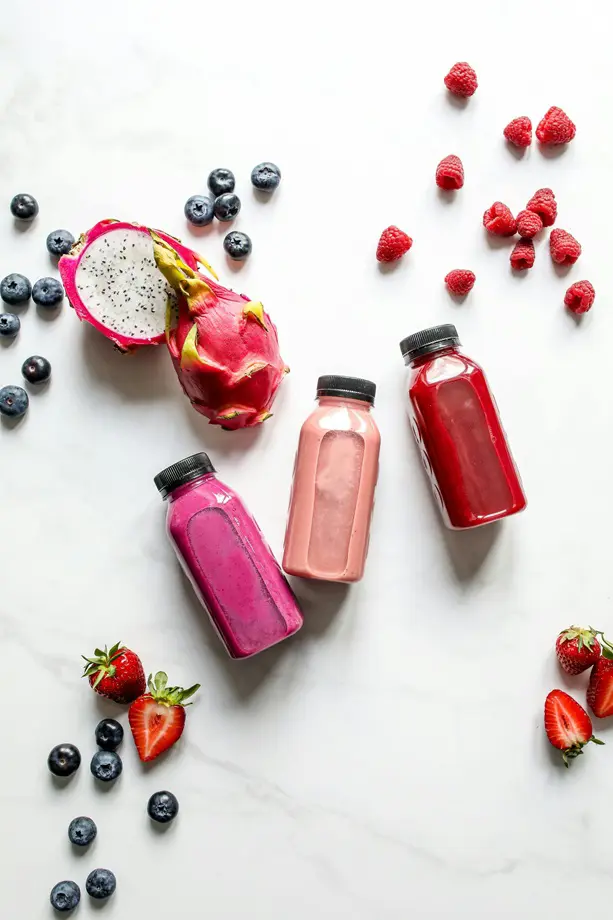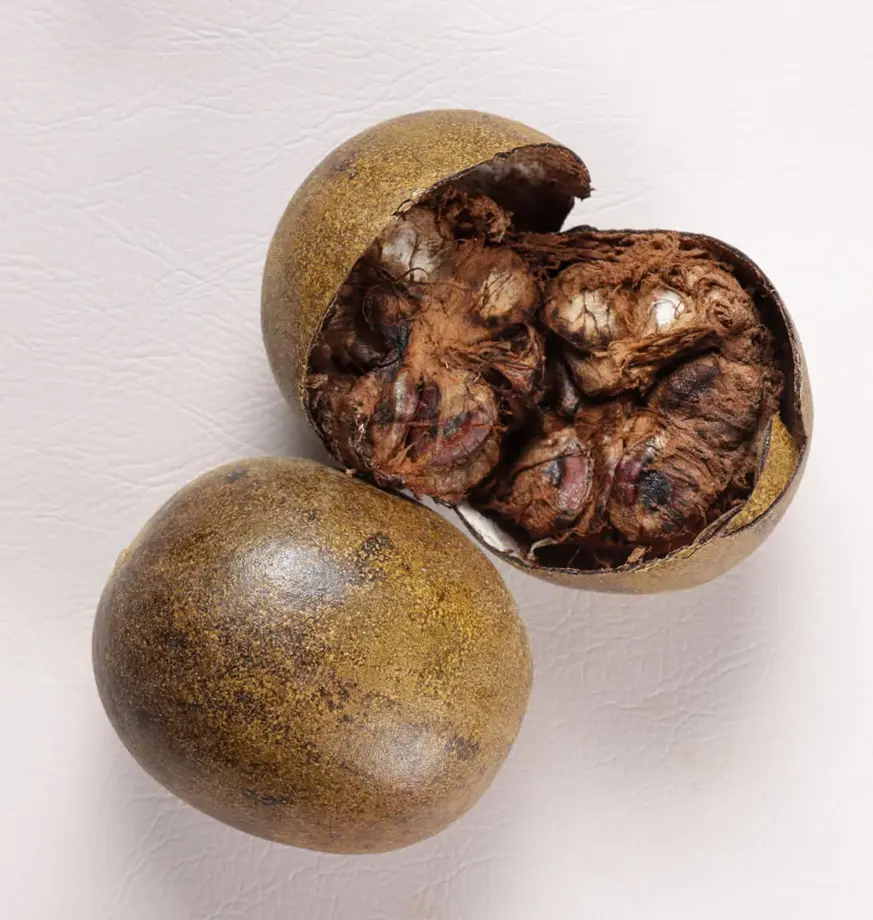Is Chicken Liver Good For You? Benefits, Nutrition and Recipes
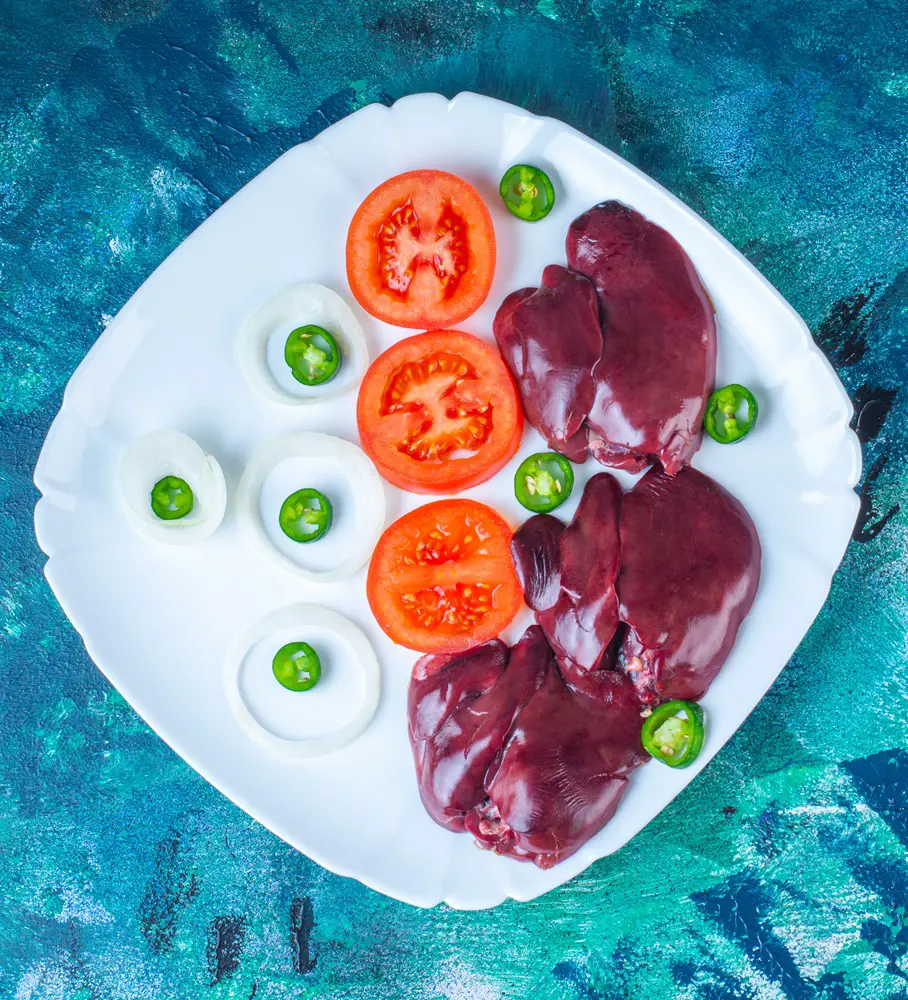
This post may contain affiliate links. If you make a purchase through links on our site, we may earn a commission.
Examining the nutritional value of chicken liver, profound sources of various vitamins and minerals are unveiled to enrich any diet. Although many people hardly take any interest in chicken liver, it is very nutrient-dense and has a lot of iron content, and vitamin A and B vitamins.
This offal or organ meat also has a distinct taste profile that makes it suitable to be used not only for preparing pâtés but also for stir-fried dishes. In this article, we will consider the multiple health benefits of chicken liver, and its nutrient composition, as well as offer a few recipes to prompt you to add this element to your diet.
Is Chicken Liver Good For You?
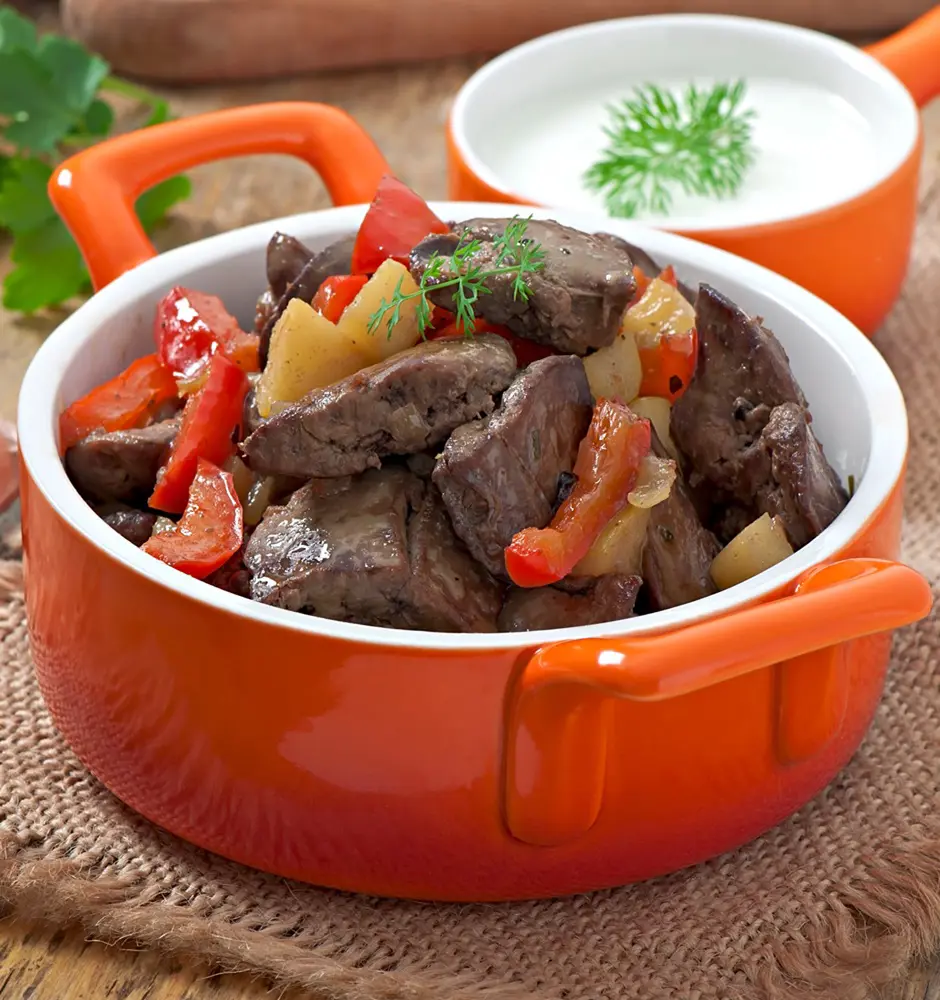
Chicken liver is a nutritional powerhouse that constitutes essential nutrients, including protein, iron, vitamin A, and B vitamins, which are crucial for red blood cell production, boosting energy levels and supporting immune function. Chicken liver can be a valuable addition to a balanced diet offering numerous health benefits, when consumed in moderation.
Here are some of the health benefits that are associated with chicken liver:
1. Loaded with B vitamins
One of the richest parts of chicken is the liver as it contains so many B vitamins that are useful in energy production and other functions. It is also needed in the various processes in cells, cell repair and also for the formation of DNA. For example, one hundred grams of chicken liver contains 281 % RDA of vitamin B12.
Also, you may get folate content (144% RDA), riboflavin (117%) and other nutrients including niacin along with pantothenic acid thereby giving it moderate nutrient value. Since this vitamin is considered to play a crucial role in bodily functions, a lack of B12 may cause cardiovascular illnesses, depression and dementia.
2. Rare Source Of Vitamin C
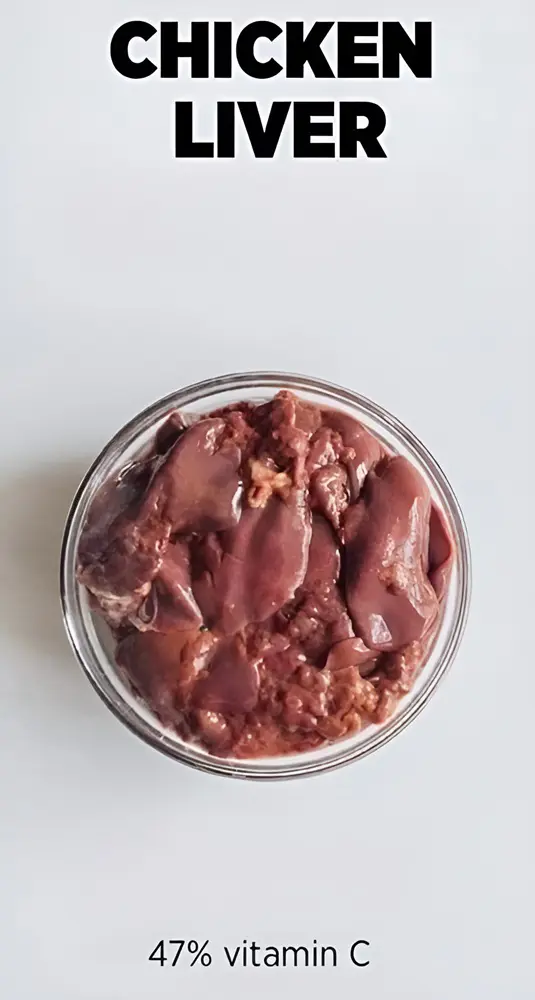
Amazingly, vitamin C, which is found to accumulate in fruits and vegetables, has also been identified in chicken liver. For example, 100g of chicken liver can produce 17.9 mg of vitamin C, while providing almost 30-47% of the RDA. This makes chicken liver one of the few animal products that can significantly help in the intake of Vitamin C, which is rare in most meats.
Vitamin C plays a vital role in metabolism with special importance to the skin where collagen synthesis takes place. Also, it can reduce the impacts of oxidative stress and inflammation, more so acting as an antioxidant. Another feature of consuming chicken liver would be the bioavailability of non-heme iron derived from plant-based products which vitamin C improves.
3. Rich In Vitamin A
Chicken liver also has significant amounts of vitamin A, especially retinol; vitamin A in this form can be absorbed easily by the body. About 100 gm servings of chicken liver contain 267-366 percent of the RDA labeled recommended daily intake of vitamin A making it a rich source of this vitamin.
Vitamin A is involved in cell differentiation and also helps in the functioning of eyes and vision. It also influences the correct development and growth of an embryo and fetus in addition to making the skin and other mucous membranes such as those in the nose, sinuses, and mouth healthy.
4. Good Source Of Protein

In addition to several kinds of vitamins, the chicken liver is also very rich in protein, making it another nutrient-dense food that has a protein density greater than 25% per calorie, which is similar to other lean meats, including chicken breast. The raw chicken liver holds around 16.9g of protein per 100g.
The protein found in chicken liver is also complete protein since it is rich in all nine essential amino acids. These amino acids are essential in performing numerous body activities that involve building muscles, hormone synthesis and cellular maintenance among other processes.
5. High In Iron
Raw and fresh chicken liver can be very good for people with anemia issues as it is well-known for containing a lot of iron. It may be surprising, but 100 grams of cooked chicken liver contain 11.6 to 13 milligrams of iron, which means 65% to 72% of the body’s daily requirement for an adult based on preparation methods.
Chicken liver contains more heme iron, while non-heme iron is more dominant in plant products. This makes chicken liver most beneficial, especially for individuals who may be at higher risk of developing iron deficiency and anemia including pregnant women, women in their menstruation, and persons with anemia-related conditions.
6. Substantial Source Of Selenium
Other minerals present in chicken liver apart from iron are selenium though they are present in large quantities. For instance, 100 g of chicken liver could offer the consumer more than one RDA of selenium.
Selenium assists in the elimination of free radicals that would otherwise damage cells due to its property as a strong antioxidant. It is also significant in the well-being of the thyroid gland, primarily in hormone production and metabolism. Additionally, it is involved in DNA synthesis and can enhance the resistance to a particular disease thus reducing the likelihood of particular diseases such as some types of cancer.
7. Enhances Fertility

Some of the health benefits of chicken liver include improved fertility. Folates present in the chicken liver are used in the synthesis and repair of the DNA for the growth and division of cells.
The chicken liver contains the highest levels of iron, which is around 65% of the RDA, and is essential in keeping blood iron levels healthy hence preventing anemia which is known to cause fertility issues in men and women. Selenium, highly concentrated in chicken liver, helps to maintain thyroid glands that control the hormonal balance involved in fertility. Vitamin B6, B12, and folates in chicken liver help to balance hormone levels that are critical in ovulation to facilitate fertility among women.
8. Maintains Brain Health
Vitamin B12 in chicken liver plays an important role in metabolizing neurotransmitters in the brain, which are essential for conveying brain messages, thereby contributing to cognitive and affective functioning. Also, there is folate which has been linked with better functioning of the brain and a decreased likelihood of developing neurological disorders in the chicken liver.
Other than that, chicken liver is also rich in choline which is essential for brain-related functions because it improves memory and other cognitive abilities.
9. Boosts Immune System

Chicken liver, which contains a rich amount of selenium, assists in the synthesis of selenoproteins that are important in antioxidants and immune system activity. Moreover, the B vitamins that are contained in chicken liver are necessary for creating energy and launching the process of cell renewal, which is very important for keeping the immune system efficient.
A huge quantity of vitamin A is present in chicken liver which is an essential requirement for the healthy lining of lungs and gut. These surfaces are therefore functional barriers against pathogens. This vitamin also assists in formulating the white blood cell count which is significant in resistance to disease. Likewise, vitamin C triggers the activity of white blood cells and aids in combating oxidative situations that take place during infections.
10. Supports Skin Health
The vitamin A content in the chicken liver plays a positive role in skin functionality, especially in the turnover of skin cells which helps in skin renewal. Besides that, it enhances the functions of the skin’s protective layers by making the skin surface more supple and less susceptible to damage.
Chicken liver contains Vitamin C which is very important for collagen formation. Collagen is needed for skin to retain its flexibility and smoothness as it ages, hence the name collagen is associated with youthfulness.
11. Promotes Healthy Hair And Nails

Admired for its nutritional worth which entails vitamins and different types of minerals, chicken liver does help in growing hair, assists in the well-being of nails, and improves overall health. Food sources of biotin include chicken liver which is useful in the synthesis of Keratin, a protein that forms hair and nails. According to research, biotin in adequate quantities makes the hair grow faster while nails do not become brittle.
Interestingly enough chicken liver is not only a source of biotin, but of the other B vitamins, including the niacin component. Niacin is vital in increasing blood flow to the head so as to deliver nutrients to the hair roots.
12. Aids In Weight Management
Even though the food is rich in nutrients, chicken liver contains a relatively small amount of energy, approximately 116 to 172 kcal per 100 grams. Due to its low caloric density, a person can fill a plate and still consume fewer calories than required in a day thus aiding in weight loss.
The chicken liver has almost no carbohydrate content and hence can be preferred for consumption in ketogenic and carnivore diets. These diets can support fat loss because they force the body to burn fat in place of carbohydrates. Furthermore, different B vitamins found in chicken liver are closely involved in energy production processes. They assist in relaying nutrients to the body cells, fueling metabolism which could be useful for weight loss.
13. Contributes To Bone Health

Incorporation of chicken liver into your diet will allow you to acquire nutrients that when synthesized assist in the formation of bones. It contains vitamin K, a mineral important in the calcium metabolism of our body to assimilate calcium in the formation of bone matrix. It has a positive role in promoting bone mass and strength, thereby preventing bone loss associated with osteoporosis and fractures common in the elderly population.
Other than vitamin K, the chicken liver also contains significant amounts of phosphorus, a mineral that is crucial in bone formation and integrity. Also, proteins are required for the synthesis of collagen which is composed of bone tissue that gives bones rigidity and support.
Nutritional Profile
According to USDA, a 100 g serving of chicken liver constitutes the following nutritional values:
- Water: 76.5 g
- Energy: 119 kcal, Protein: 16.9 g, Total lipid (fat): 4.83 g, Carbohydrate: 0.73 g
- Calcium: 8 mg, Iron: 8.99 mg, Magnesium: 19 mg, Phosphorus: 297 mg, Potassium: 230 mg, Zinc: 2.67 mg, Selenium: 54.6 µg
- Vitamin C: 17.9 mg, Riboflavin: 1.78 mg, Niacin: 9.73 mg, Pantothenic acid: 6.23 mg, Vitamin B-6: 0.853 mg, Folate, total: 588 µg, Vitamin B-12: 16.6 µg, Vitamin A: 3300 µg
- Choline, total: 194 mg
- Betaine: 16.9 mg
- Retinol: 3290 µg
Recipes
Due to its versatile nature, chicken liver can be prepared in a variety of ways, from sautéing and braising to incorporating it into pâtés and spreads. Here are some notable recipes that highlight the culinary potential of chicken liver:
Chicken liver recipe with garlic and lemon
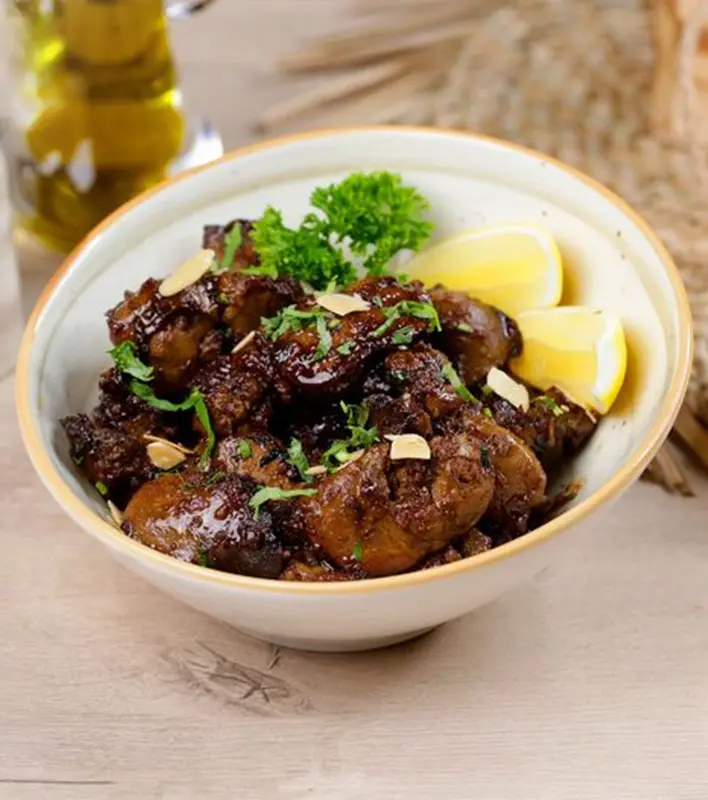
It is a very fast, easy and tasty chicken liver dish that you can serve with rice, vegetables or anything of the sort. For a better taste, you can consume it with roasted vegetables and potatoes.
Ingredients
- 500 gr chicken livers cleaned
- 2 onions chopped
- 4 cloves garlic minced
- coconut oil for frying
- 1 tsp fresh oregano chopped
- 100 ml bone broth or white wine
- 3 lemon
- Fresh parsley to garnish
How To Make
- Heat the coconut oil in a pan under medium heat. Stir in the onions and cook until caramelized. Then add the garlic and stir until it browns.
- Throw in the livers, salt and pepper and fry for some time until the color turns golden brown on both sides. This will take about 5 minutes. Finally, add the fresh oregano as a garnish and fry for a few minutes.
- Reduce the heat slightly and stir in the broth and the juice of 2 lemons. Allow this to cook over low heat until most of the liquid has evaporated or the vegetables seem tender to the extent that it is appropriate. About 7-8 minutes or so.
- This preparation should be accompanied by slices of 1 lemon for everyone on the table alongside parsley for garnishing.
Savory Chicken Livers with Sweet Peppers and Onions
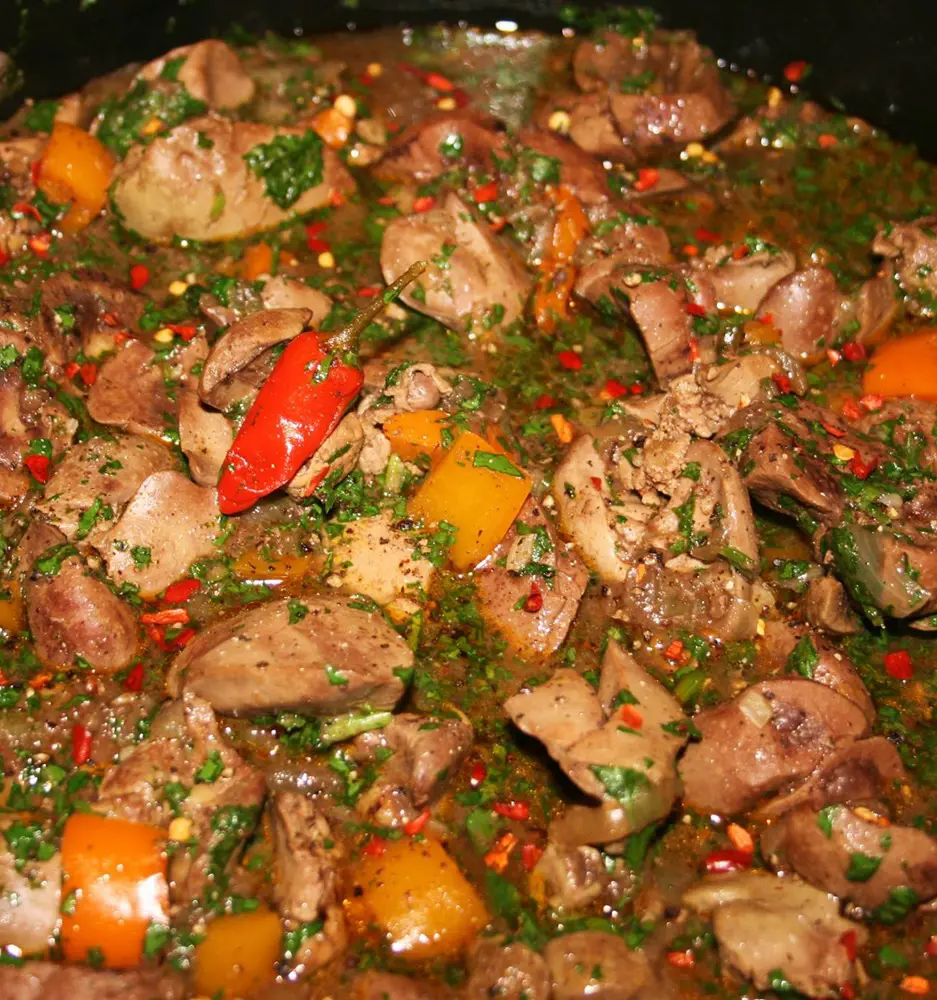
This is a classic Palestinian dish in which chicken livers are sautéed in olive oil with peppers, onion, garlic, allspice, sumac and soy sauce.
Ingredients
- 1 tablespoon extra-virgin olive oil
- 1 green bell pepper, seeded and thinly sliced
- 1 red bell pepper, seeded and thinly sliced
- 1 large sliced onion
- 2 cloves garlic, minced
- 1 pound chicken livers, trimmed and chopped
- 1 teaspoon sumac
- 1 teaspoon allspice
- 1 teaspoon soy sauce
Directions
- Put some oil in a large heated pan and heat on a moderate flame. Mix the green and red peppers, onions and garlic in the pot. Saute for 5 minutes until peppers and onions get slightly tender.
- Last of all, combine the liver in that pan with sumac, allspice and soy sauce. Stir the liver until fully cooked about 10 minutes depending on the intensity of the heat.
Ritzy Chicken Livers
This simple baked chicken liver recipe requires just four ingredients.
Ingredients
- 12 fresh chicken livers
- 24 buttery round crackers, crushed
- 1 tablespoon Italian-style seasoning
- 4 tablespoons butter, melted
Instructions
- Heat the oven to 350 degrees F or 175 degrees C.
- Put crushed cracker crumbs and the preferred seasonings on a shallow plate. In other small, flat and broad vessels, pour the melted butter. Coat the chicken livers with butter or margarine, and then into crumbs.
- Put the coated chicken in a greased 9 x 13-inch baking pan. Bake in the preheated oven for about 40-45 minutes.
The Bottom Line
While the chicken liver is packed with vitamins A, B12, iron, phosphorus and protein and has so many health benefits, however, it must be taken in moderation. It has a relatively high cholesterol, of which a serving is more than half the cholesterol allowed per day, which raises concerns for persons with heart disease.
Moreover, an excessive intake of this food product can prove to be toxic and may have implications for neurological health. Also, improper cooking can lead to risks of infections by pathogens such as Campylobacter and Salmonella. Thus, incorporating chicken liver into a balanced diet may have certain benefits for most people when consumed in moderate portions and properly cooked.
Recent posts
Nutrition
Nutrition
16 Benefits Of Coriander That Will Surprise You
Abundant in nutrients and antioxidants, coriander is an annual herb with a characteristic aroma that is extensively used around the world. Both coriander leaves (also called cilantro) and seeds are used in various cuisines around the world. Known fo...
Nutrition
Chia Seeds Benefits: 15 Reasons To Eat These Tiny Seeds
Chia seeds are tiny edible seeds obtained from the plant known as "Salvia hispanica", belonging to the mint family. Oval, gray, and filled with black and white spots, these small seeds are highly valued for their abundant nutrients and health be...
Nutrition
How Much Calcium Is Actually Needed?
Calcium is a mineral associated with bones, muscles and the nervous system in the body. Current dietary guidelines suggest different Recommended Dietary Allowances(RDAs) for adult males and females, with 1000mg being optimal for males and 1200mg for...
Nutrition
B12 Vitamin Food Sources: A Comprehensive Guide
Vitamin B12, an essential nutrient, plays a crucial role in various bodily functions, including red blood cell production, nerve function, and DNA synthesis. While animal-based foods are the primary sources of B12, certain fortified plant-based foods...
Nutrition
What Foods Are High In Cholesterol? 20 Foods To Avoid
Animal products like meat, eggs, milk, and cheese are sources of dietary cholesterol, unlike plant-based foods. For those aiming to lower their cholesterol intake, it's essential to be mindful of animal-based food choices. While some high-cholesterol...
Nutrition
18 Fat Burning Smoothies For Weight Loss
The weight loss journey is tough if you have to get on the same path day after day, facing cravings and temptations along the way. We suggest you stop making it a monotonous struggle and make it a flavorful adventure instead. One of the easiest and m...
